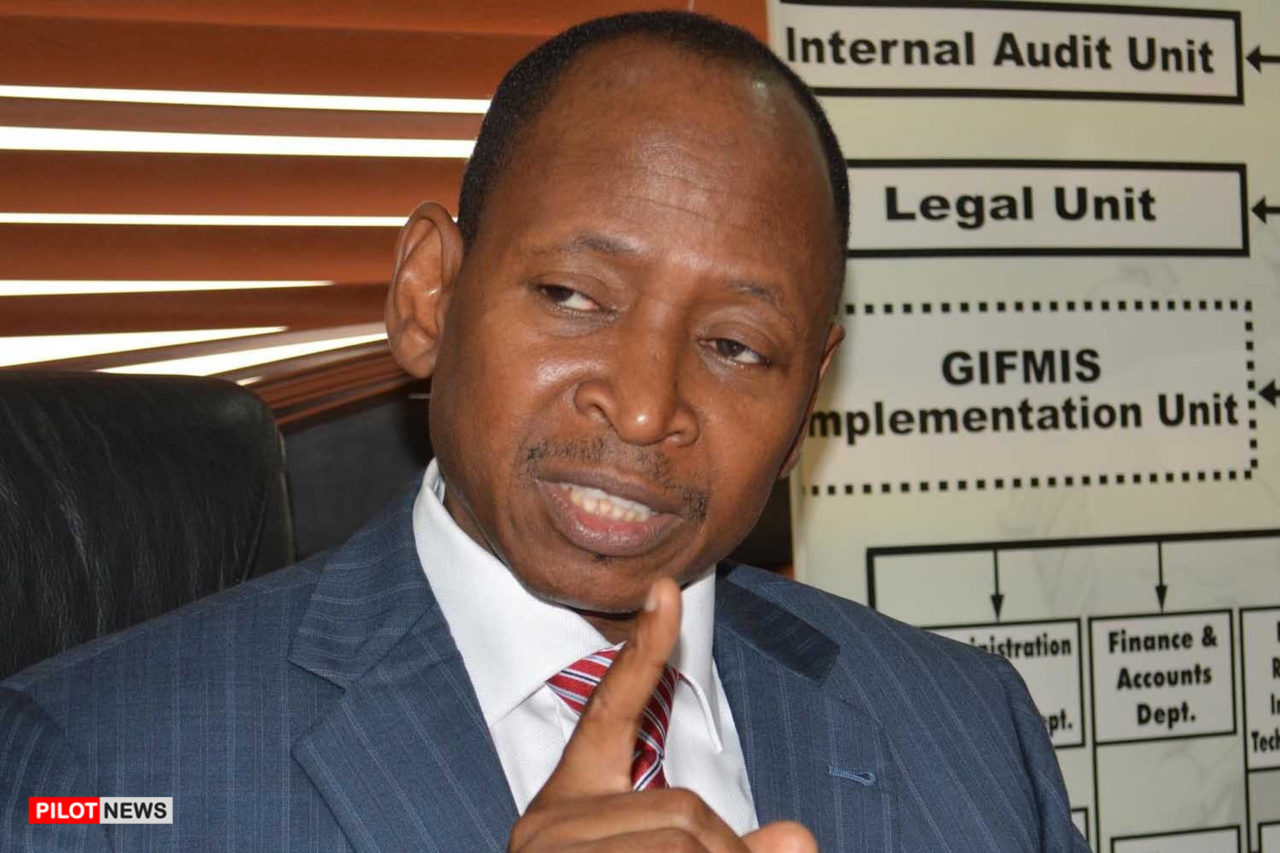Following the 7.5 percent Value Added Tax increase and implementation by Nigeria, the country’s Accountant-General, Ahmed Idris, has announced that states and Local Governments would get more funds beginning from February.
The announcement which was received by many, especially state governors and local government officials — who had before now, claimed that they were not getting enough funds from the federal government – as a welcome development was made during the Federal Account Allocation Committee (FAAC), 2020 retreat in Lagos.
“You will see the impact of VAT increase from next month because effectively, it took off on February 1 and the state and local governments will definitely get bigger figure in terms VAT allocation,” Mr. Idris said.
He also said that the federal Government would get 15 percent, State would have fifty percent and the local governments would get 33 percent.
Relief for “Broke” State Governments?
Issues that rattled many state governors as far back as 2016 was the inability to pay salaries and carry out infrastructure maintenance. While some said it was due to the economic recession the country went through in 2016, others said it was due to governors’ wasteful spending and bloated civil service across the states.
Defending why some governors were unable to pay salaries, former Zamfara State Governor, Abdulaziz Yari, said: “I don’t think you people voted us only to pay salaries. You are looking for good roads, electricity, education, and others. So we can’t do magic. It’s only when we have the funds, we do all those things.”
To save the situation, states were given 614 billion Naira loans between 2015 and 2017, under the National Budget Support Loan Facility with the condition that they use it to pay salaries.
Unhappy with the governors who were not able to pay salaries, President Buhari, while speaking to the Hausa service of Voice of America in 2019, lashed out on the governors.
The President said: “I wonder how these governors are able to sleep. Knowing that they have refused to pay workers their wages.”
Some people believe that the problem of the states is not majorly lack of funds, but wastefulness of the governors. Babachir lawal, former secretary to the Government of Nigeria, who was sacked in 2017 – two years after appointment – over contract fraud allegations, in an interview with journalists this week, said “the governors in the middle are just parasites that are taking the major share of the resources that are supposed to go to states, they abuse it.”
Nigeria’s governors have access to huge sums of money called security votes which they are not required by law to account for. In an interview in 2016, Senior Advocate of Nigeria, Robert Clark, said “I still maintain my stand that the question of security vote has no basis in law.”
Twenty years of Nigeria’s democracy abounds with several examples of what some people refer to as “financial recklessness and unnecessary political appointments” by governors. Stomach infrastructure, set up by Ayo Fayose, former Governor of Ekiti State and the creation of the Ministry of Happiness by the former governor of Imo State, Rochas Okorocha, were some of the programmes by governors that were met with criticisms, mainly because their functions overlapped with that of existing agencies.
The recent appointment of three senior special assistants on street light issues by Kano State Governor, Umar Ganduje, is the latest action by a governor that has made many people to believe that shortage of funds may not be the problem of governors in Nigeria and that how monies are spent need to be scrutinized.
- PHOTOS: After 48 Days in Hospital, Boy Labelled Witch and Abandoned is Discharged - August 8, 2021
- Travellers Complain Over Fly Infested Aminu Kano Airport - August 6, 2021
- Ondo 2020: Mimiko Criticises Akeredolu’s Performance - September 28, 2020


